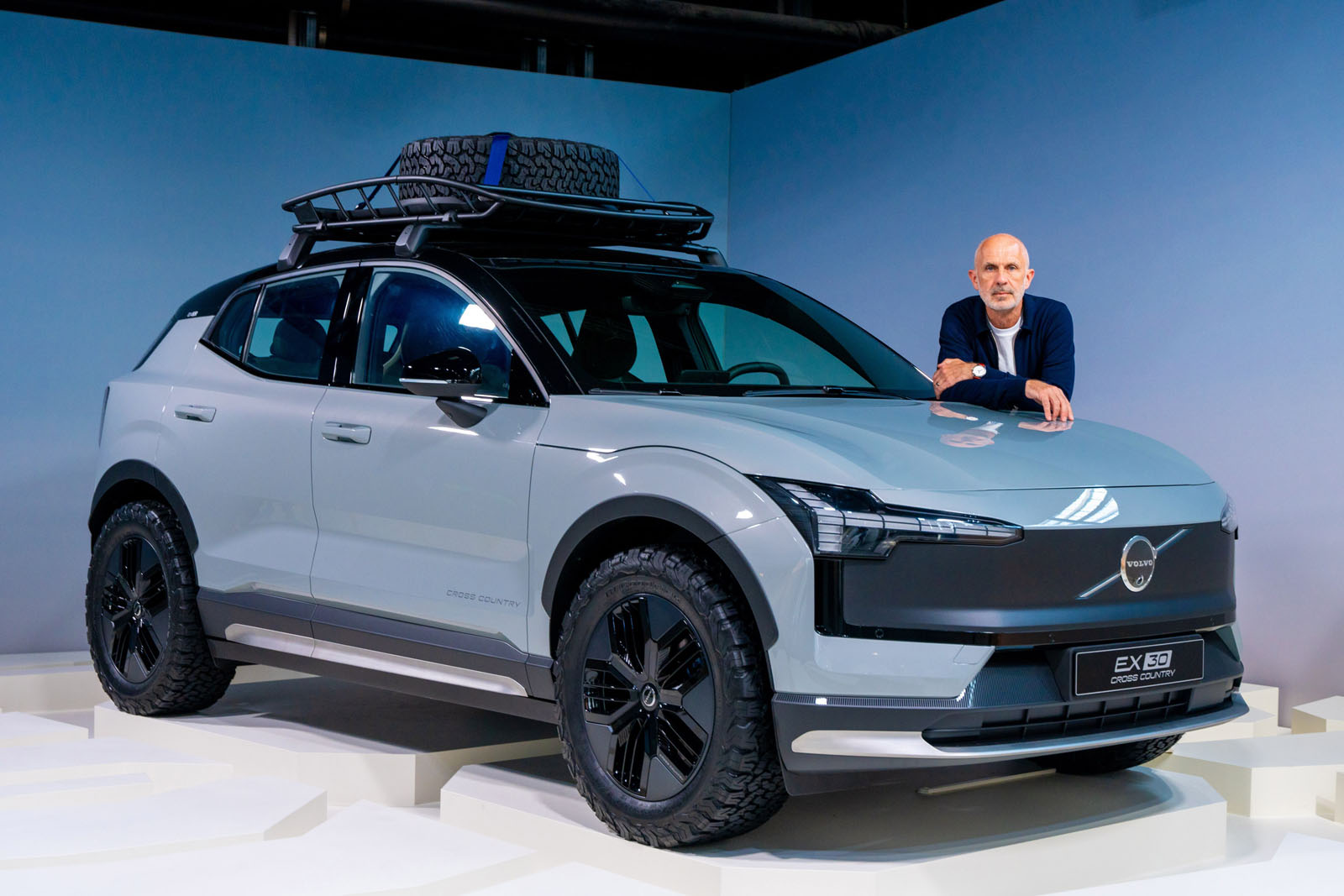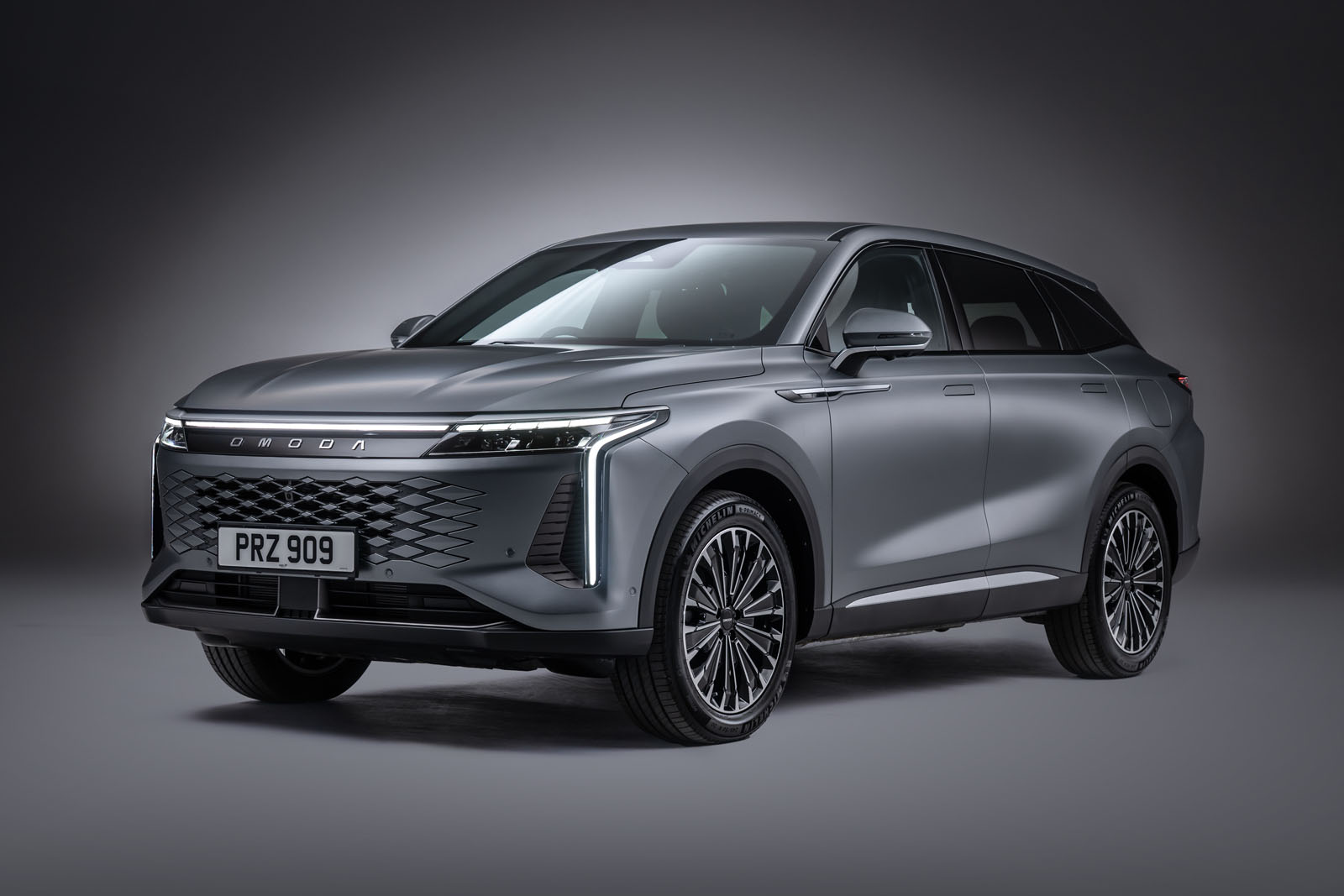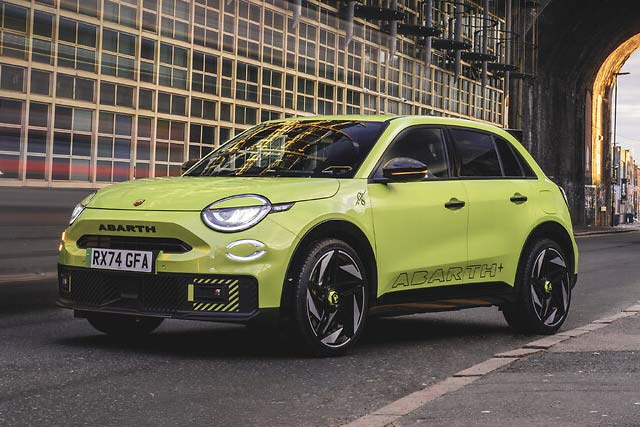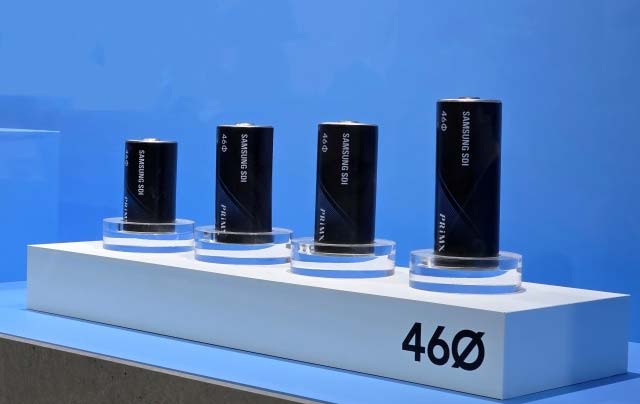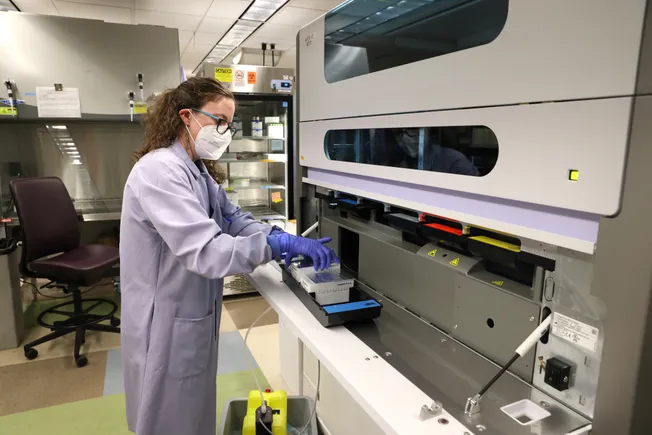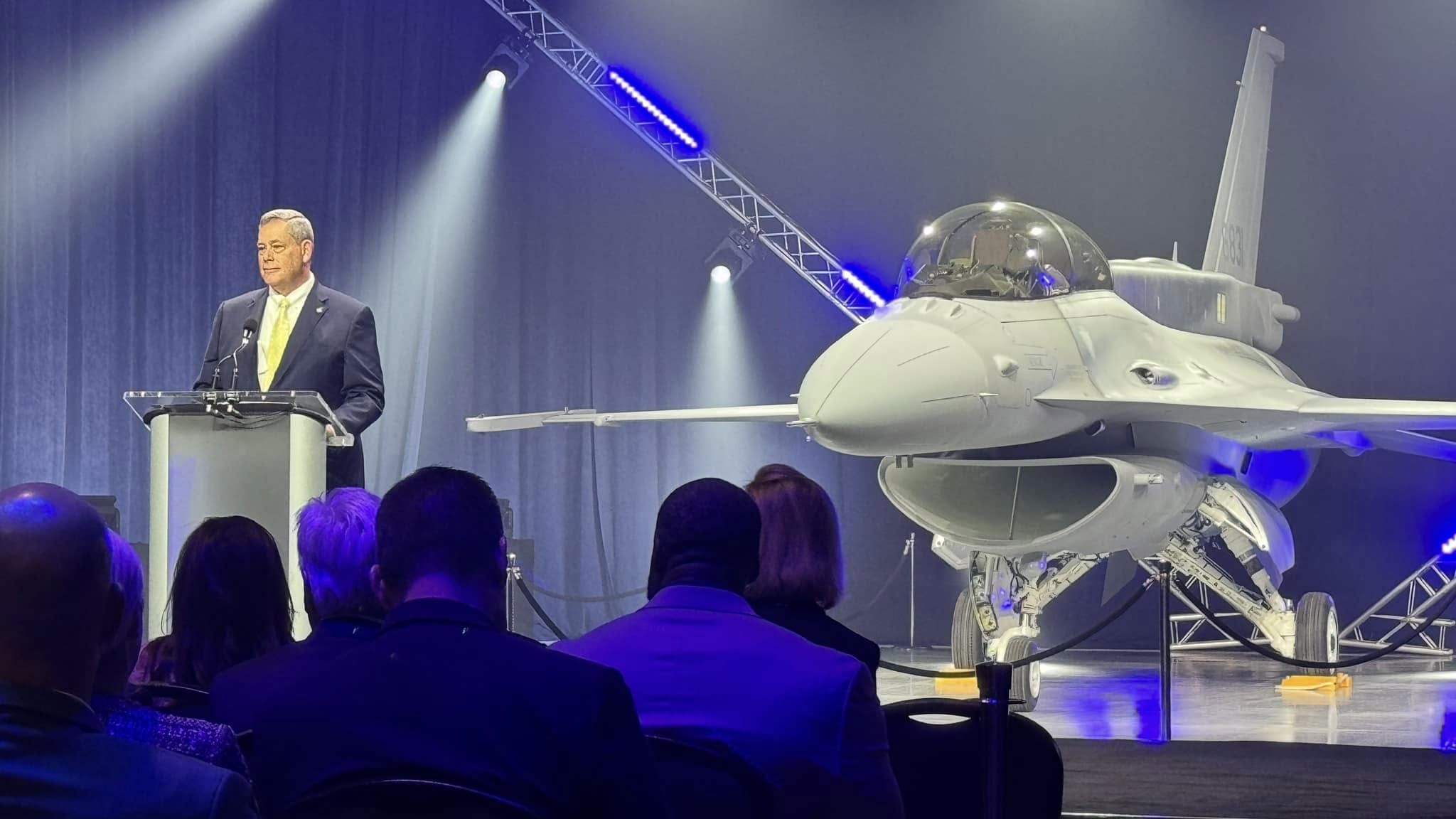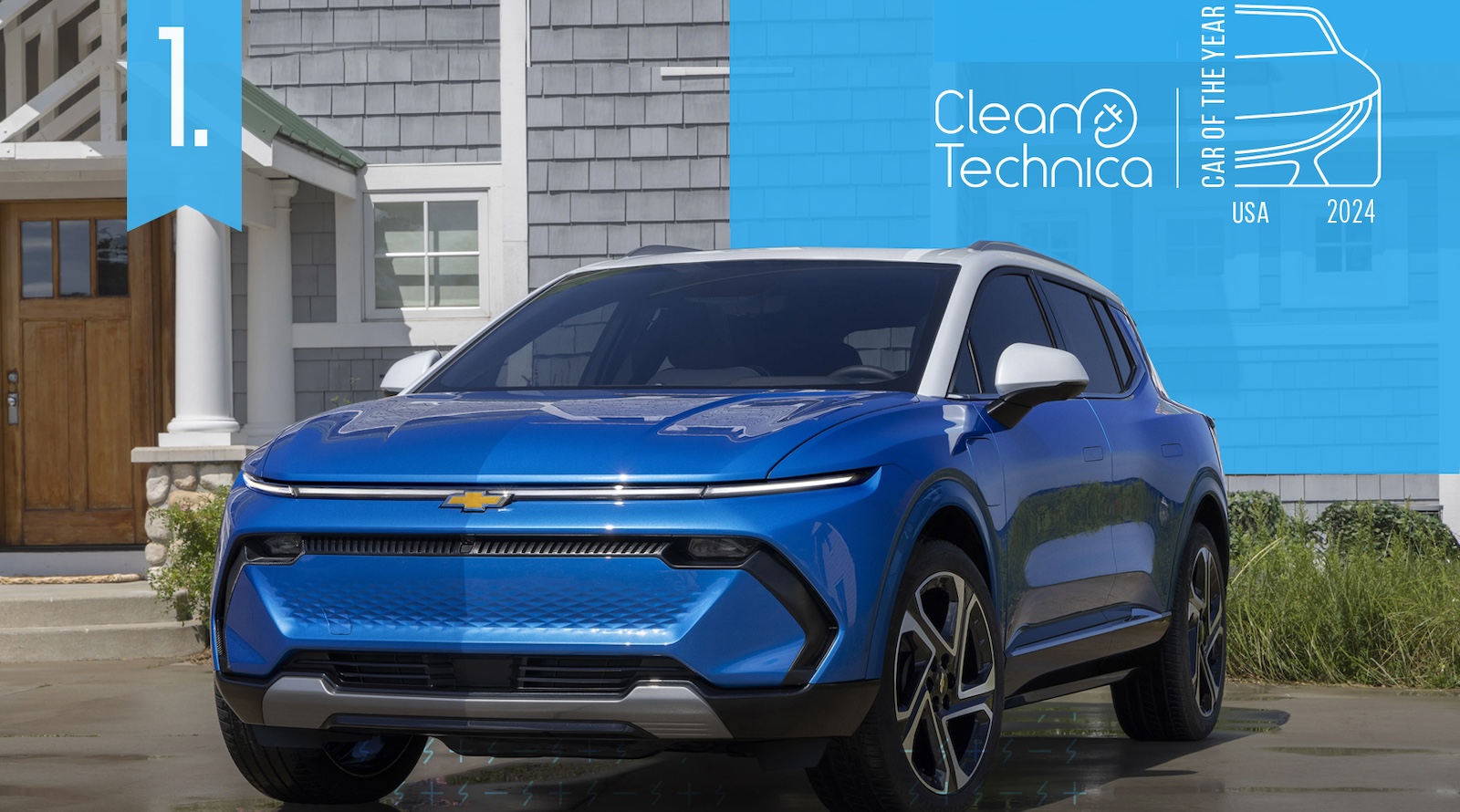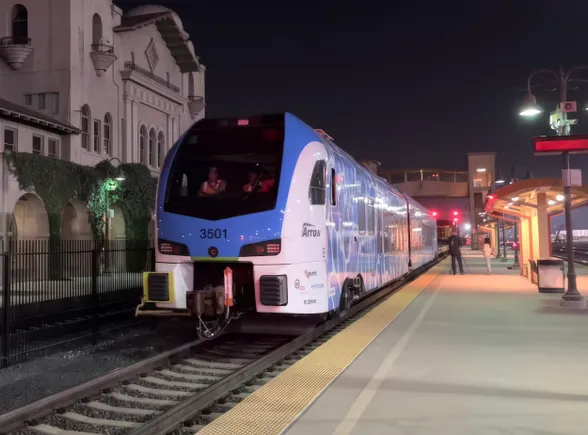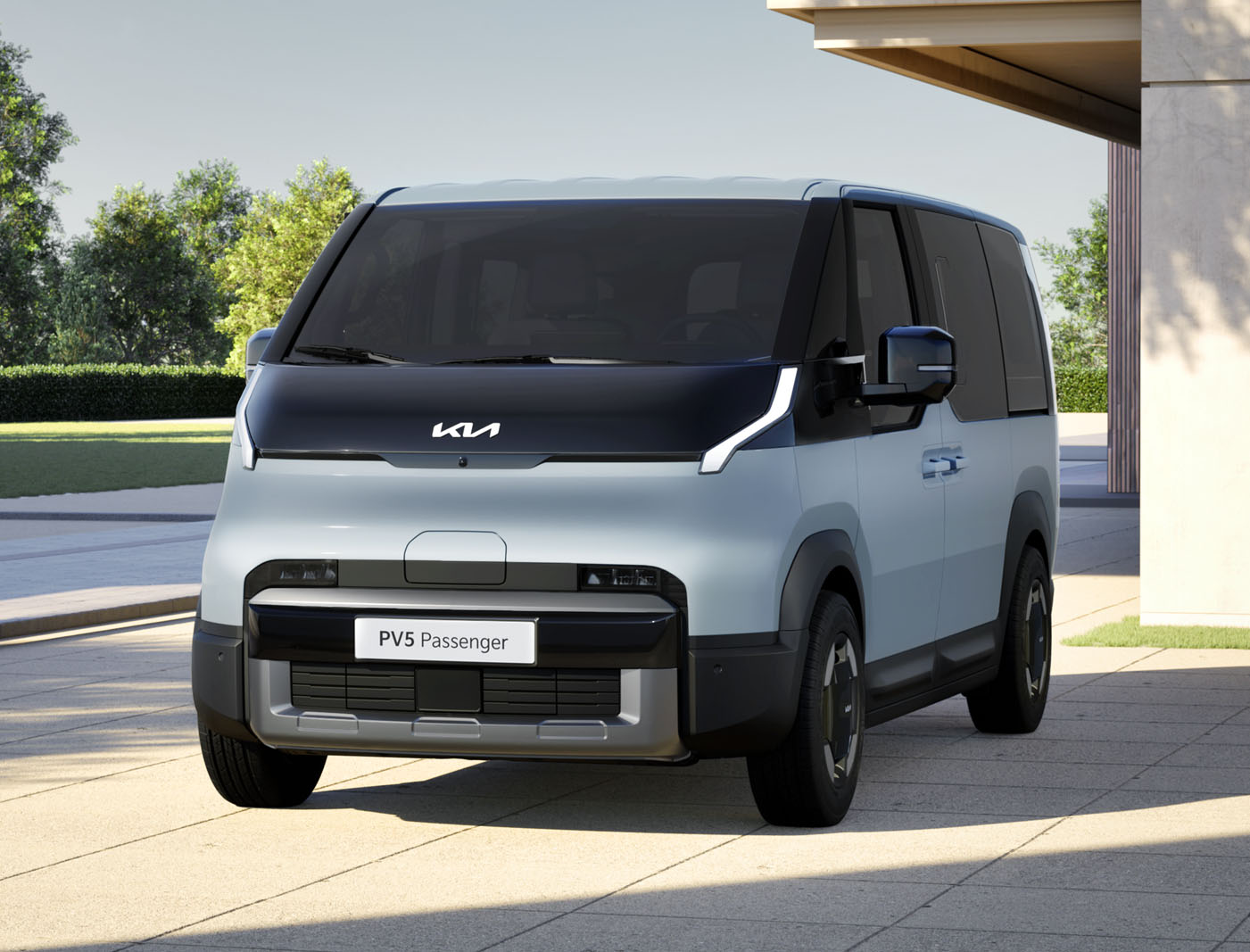Rivian R1T
American firm's pioneering electric pick-up truck enters a second era to take the fight to the Tesla Cybertruck Large pick-up trucks dominate the American car sales charts, so it’s little surprise that plenty of firms are pushing to develop electric versions, despite the considerable challenges that come with powering already big, heavy machines with big, heavy batteries.Perhaps more surprising was that the first firm to launch a full-size pick-up in the US market was EV start-up Rivian. It launched the R1T in 2021, several months ahead of industry giant Ford’s F-150 Lightning and when the Tesla Cybertruck seemed more the stuff of Elon Musk’s dystopian fever dreams than an actual production vehicle. Given that it’s an American EV start-up, Rivian is often compared with Tesla. But you only need a cursory glimpse at their respective pick-ups to understand the vast differences between the two firms. While the Cybertruck is unapologetically brash and wilfully confrontational, the R1T is far more conventional and infused with genuine warmth and charm. That reflects their approach: while Musk’s firm delights in disrupting the car industry, Rivian had won plaudits from it. In fact, the Volkswagen Group recently made a major investment in the firm, worth up to £4.6 billion. Key to that deal was the formation of a new joint venture that will develop a new software architecture, based heavily on that used in this R1T, to underpin future Volkswagen Group and Rivian EVs – including the next Volkswagen Golf and the Rivian R2 and R3 crossovers.So what is it about Rivian’s software architecture that has prompted that massive investment from Volkswagen? And, more importantly, is the R1T any good?
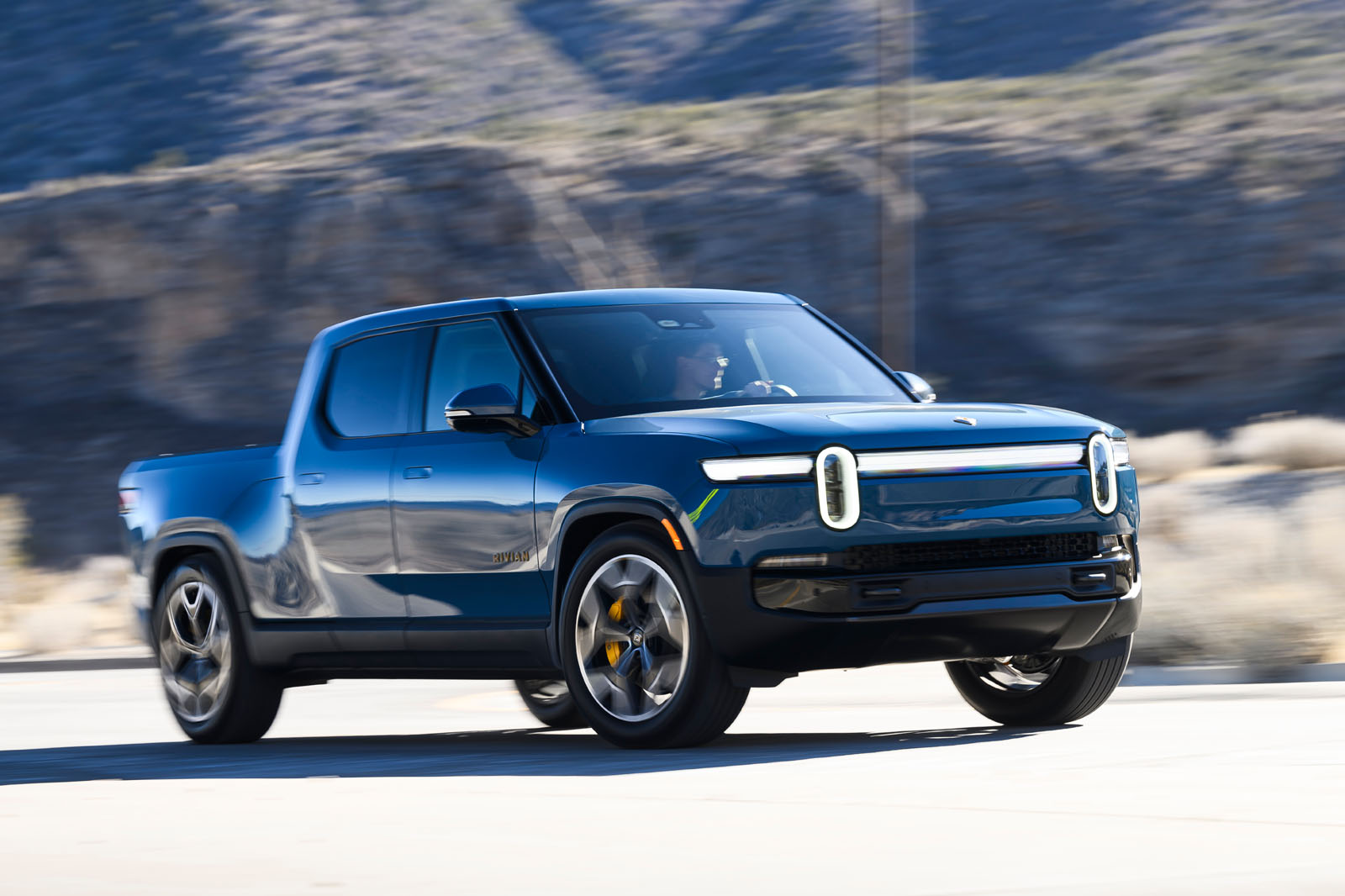
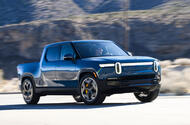 American firm's pioneering electric pick-up truck enters a second era to take the fight to the Tesla Cybertruck
Large pick-up trucks dominate the American car sales charts, so it’s little surprise that plenty of firms are pushing to develop electric versions, despite the considerable challenges that come with powering already big, heavy machines with big, heavy batteries.Perhaps more surprising was that the first firm to launch a full-size pick-up in the US market was EV start-up Rivian. It launched the R1T in 2021, several months ahead of industry giant Ford’s F-150 Lightning and when the Tesla Cybertruck seemed more the stuff of Elon Musk’s dystopian fever dreams than an actual production vehicle. Given that it’s an American EV start-up, Rivian is often compared with Tesla. But you only need a cursory glimpse at their respective pick-ups to understand the vast differences between the two firms. While the Cybertruck is unapologetically brash and wilfully confrontational, the R1T is far more conventional and infused with genuine warmth and charm. That reflects their approach: while Musk’s firm delights in disrupting the car industry, Rivian had won plaudits from it. In fact, the Volkswagen Group recently made a major investment in the firm, worth up to £4.6 billion. Key to that deal was the formation of a new joint venture that will develop a new software architecture, based heavily on that used in this R1T, to underpin future Volkswagen Group and Rivian EVs – including the next Volkswagen Golf and the Rivian R2 and R3 crossovers.So what is it about Rivian’s software architecture that has prompted that massive investment from Volkswagen? And, more importantly, is the R1T any good?
American firm's pioneering electric pick-up truck enters a second era to take the fight to the Tesla Cybertruck
Large pick-up trucks dominate the American car sales charts, so it’s little surprise that plenty of firms are pushing to develop electric versions, despite the considerable challenges that come with powering already big, heavy machines with big, heavy batteries.Perhaps more surprising was that the first firm to launch a full-size pick-up in the US market was EV start-up Rivian. It launched the R1T in 2021, several months ahead of industry giant Ford’s F-150 Lightning and when the Tesla Cybertruck seemed more the stuff of Elon Musk’s dystopian fever dreams than an actual production vehicle. Given that it’s an American EV start-up, Rivian is often compared with Tesla. But you only need a cursory glimpse at their respective pick-ups to understand the vast differences between the two firms. While the Cybertruck is unapologetically brash and wilfully confrontational, the R1T is far more conventional and infused with genuine warmth and charm. That reflects their approach: while Musk’s firm delights in disrupting the car industry, Rivian had won plaudits from it. In fact, the Volkswagen Group recently made a major investment in the firm, worth up to £4.6 billion. Key to that deal was the formation of a new joint venture that will develop a new software architecture, based heavily on that used in this R1T, to underpin future Volkswagen Group and Rivian EVs – including the next Volkswagen Golf and the Rivian R2 and R3 crossovers.So what is it about Rivian’s software architecture that has prompted that massive investment from Volkswagen? And, more importantly, is the R1T any good? 

















